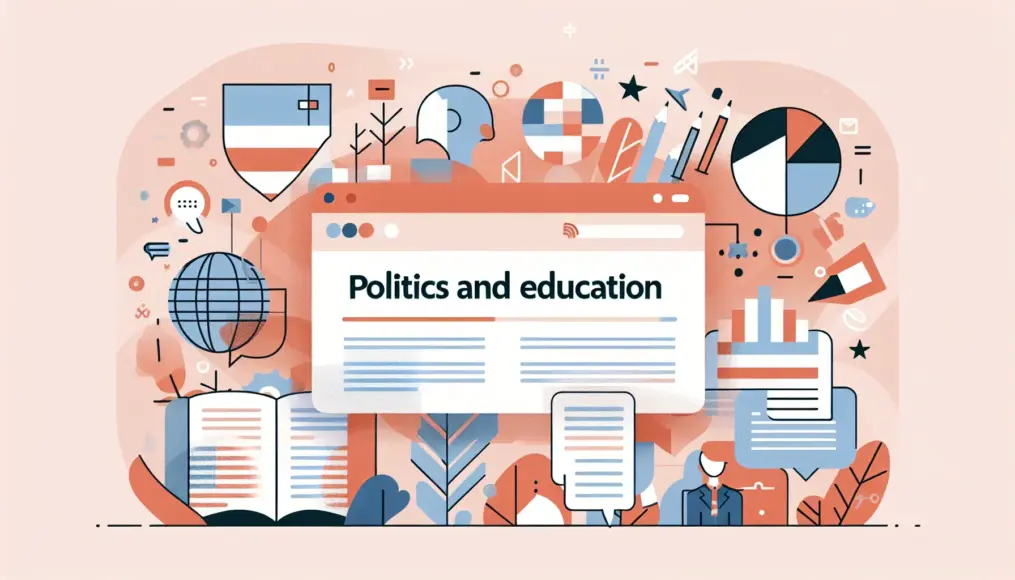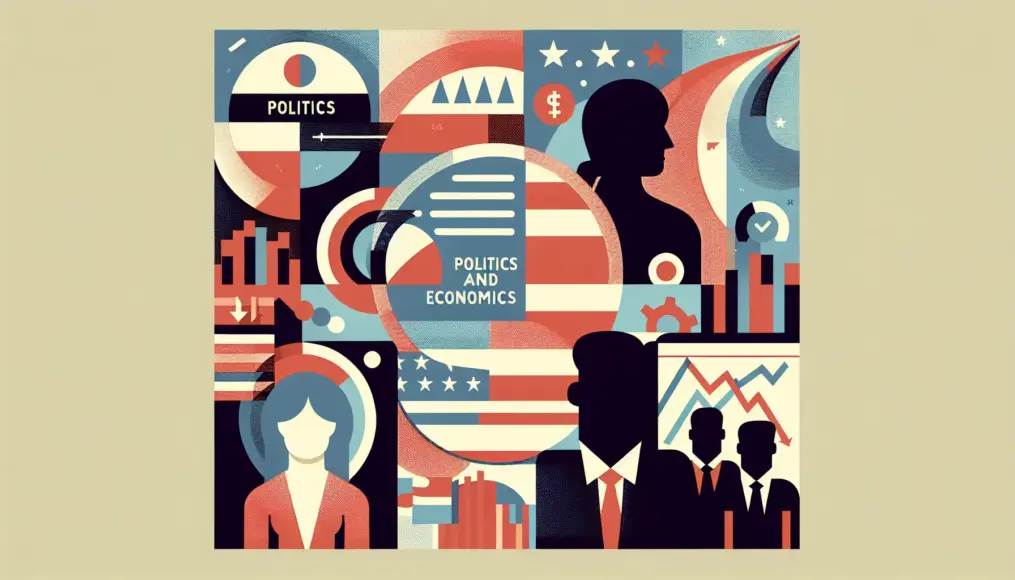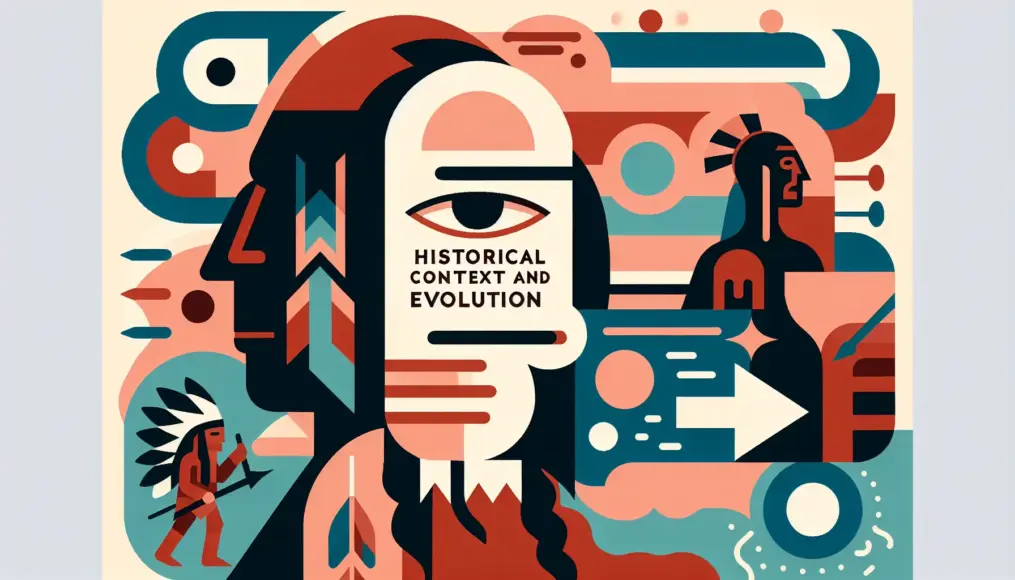Justice and society have always been significant themes in our lives. Through daily news and social movements, we increasingly confront the question, “What does justice mean?” As we look toward the future, how should we approach the concepts of society and justice? In this article, we will explore the challenges of justice in the modern world and seek new perspectives, all while considering the historical context.
The idea of social justice isn’t just theoretical; it’s intricately woven into our lives and consciousness. Fairness and the protection of rights serve as the foundation for building a better society. Together, let’s delve into the importance of justice and its role in shaping the future.
- Basic definitions of justice in society and their historical context
- Challenges of justice in contemporary society and emerging inequalities
- New forms of justice in the future and the role of the individual
1. What Is Justice in Society?
Justice is a concept deeply embedded in our lives and values. Understanding how justice is defined and how it has evolved throughout history is essential for grappling with contemporary social issues and movements. In this chapter, we will explore the fundamental definitions of justice and reflect on its historical context to deepen our understanding of the social challenges we face today.
Fundamental Definitions of Justice
At its core, justice refers to the fair treatment of individuals and groups. Generally, it signifies actions or states deemed “right” from ethical and legal perspectives, considering the balance of rights and responsibilities. For instance, social justice is grounded in the principle that everyone should have equal opportunities and guaranteed rights. Thus, justice is not just an abstract idea; it serves as a crucial element reflecting the realities of society.
Our understanding of justice can vary across cultures and eras. In some periods, it was believed that justice could be achieved by privileging specific groups, while in others, this view was reevaluated, leading to a demand for a more inclusive perspective.
- Justice means fair treatment.
- Social justice is based on the balance of rights and responsibilities.
- Our understanding of justice changes with culture and time.
Historical Background and Evolution
The concept of justice has developed in various forms from ancient Greek philosophy to the modern era. Thinkers like Plato and Aristotle viewed justice as “human harmony,” emphasizing the significance of societal balance. However, as we moved into the modern age, individual rights and freedoms became more prominent, linking justice to the pursuit of personal happiness.
In the 20th century, the idea of justice diversified even further, introducing new perspectives like social justice and economic justice. This shift has spurred active discussions on how justice should be applied to contemporary issues like poverty, racism, and environmental problems. As society evolves, so does our vision of what justice should look like.

If you found this article interesting, you might also enjoy reading about the impact of environmental issues on society and the solutions we can implement. This piece analyzes the current state of environmental challenges, their background, and their effects on society, providing insights into how we can take action.
- The concept of justice has evolved since ancient Greece.
- The modern era has emphasized individual rights.
- Today, social justice and economic justice are gaining importance.
The Importance of Social Justice
Social justice is a crucial element that forms the foundation of our lives and communities. In a society where justice prevails, individuals are treated fairly and their rights are respected, leading to an overall increase in happiness. This chapter explores the significance of social justice through the lens of fairness and real-life experiences. By understanding the impact of justice on our society, we can pave the way for a better future.
Fairness and Its Impact
Fairness lies at the heart of social justice. When everyone has equal opportunities, it fosters the development of society as a whole. For instance, providing equal access to education and employment allows diverse talents to flourish, contributing to economic growth and cultural advancement. On the other hand, in a society marked by inequality, certain groups may hold privileges while others suffer disadvantages. Such situations can lead to societal division, ultimately impacting safety and security.
When fairness is upheld, individuals experience a boost in self-esteem and trust in society. When people feel that their rights are respected, they are more motivated to participate in their communities, engaging more actively in local activities. This creates a positive cycle, leading society as a whole toward a healthier direction.
- Fairness is at the core of social justice
- Equal opportunities in education and employment are essential
- Ensuring fairness increases community participation
Personal Experiences with Social Justice
There are numerous moments in everyday life that highlight the importance of social justice. For example, participating in local volunteer activities can expose individuals to the inequalities and discrimination that exist within society. These experiences can serve as a catalyst for a stronger voice in the pursuit of justice. Moreover, respecting the rights and feelings of others can broaden one’s own perspectives and lead to a deeper understanding of social issues.
Reflecting on how social justice affects people’s lives through personal experiences carries significant meaning. Small actions can add up to create substantial change. These firsthand accounts can provide insights into solving the problems we face and deepen our understanding of social justice.
- Opportunities to experience social justice exist in everyday life
- Volunteer work can provide insight into inequality and discrimination
- Small actions can lead to significant changes
3. Challenges of Justice in Modern Society
In today’s world, the challenges surrounding justice are becoming increasingly diverse and complex. Especially noteworthy are the emerging inequalities and the impact of technological advancements on justice—issues that are crucial for us to address. In this chapter, we will delve into these challenges and explore how we can collectively strive for solutions. By understanding the contemporary issues related to justice, we can identify concrete actions that we should take.
The Emergence of New Inequalities
In recent years, economic disparities have widened, bringing new forms of inequality to the forefront. The gap between the wealthy and the poor, in particular, poses a significant threat to social stability. As opportunities for education, health, and employment are unevenly distributed, certain groups are increasingly placed at a disadvantage. Such inequalities not only deepen societal divides but also challenge the very concept of justice itself.
Moreover, regional disparities cannot be overlooked. Significant differences in economic opportunities between urban and rural areas have led to increasing social isolation for those living in the countryside. This has amplified calls for justice, but finding solutions is far from straightforward. It requires a cooperative effort across society and an inclusive approach to truly make an impact.
- Economic disparities are widening, leading to new forms of inequality.
- Opportunities for education and health are distributed unevenly.
- Regional disparities contribute to social isolation.
The Intersection of Technology and Justice
The evolution of technology has introduced new challenges to justice. On one hand, technology can be utilized as a tool to enhance fairness; on the other, it raises issues such as privacy violations and biased algorithms. The use of AI and big data, in particular, can have complex implications for achieving justice in society.
For instance, while companies may use data to make unfair decisions, there is also potential for technology to promote transparency and equal access to information, which could contribute to realizing justice. Thus, the relationship between technology and justice is intricately linked, necessitating a careful balance.
- The advancement of technology presents new challenges to justice.
- Utilizing AI and big data comes with inherent risks.
- Ensuring transparency through technology could help achieve justice.
4. The Future of Society and the Concept of Justice
As we look towards the future, the concept of justice is set to evolve in significant ways. With the emergence of new values and advancements in technology, a key question arises: how can we achieve social justice in this changing landscape? In this chapter, we will explore new forms of justice and the roles individuals should play in this process. Understanding justice in future societies will provide us with an opportunity to reflect on our own actions.
New Forms of Justice
Emerging forms of justice will require diverse approaches that go beyond traditional frameworks. For instance, how we perceive justice in light of contemporary issues like environmental challenges and social inequality is increasingly under scrutiny. As highlighted by the Sustainable Development Goals (SDGs), it’s essential to consider not just economic growth but also environmental protection and social equity.
Moreover, as globalization accelerates, the concept of justice that transcends national borders becomes crucial. We are entering an era that demands international cooperation and a shared set of values to define justice. In this context, future justice will be multifaceted, necessitating collaboration among individuals and communities to explore and shape new paradigms.
- New forms of justice require diverse approaches
- Environmental issues and social inequality are emerging challenges
- International cooperation becomes vital in the age of globalization
The Role of Individuals
In future societies, the role of individuals will become increasingly significant. Achieving social justice hinges on individuals raising their awareness and taking action. For example, participating in volunteer work or local social movements can amplify the call for justice. By considering the impact of their actions on others, individuals can contribute to building a fairer society.
Furthermore, the importance of education cannot be overlooked. By teaching younger generations about the concept of justice and social responsibility, we can cultivate the individuals who will support a sustainable future. The role of individuals extends beyond mere actions; it also encompasses the power to spread ideas and culture. For society as a whole to foster a culture that prioritizes justice, a shift in individual consciousness is essential.
- Individual awareness and actions are crucial for achieving social justice
- Participation in volunteer work and social movements is important
- There is a need to convey the concept of justice to future generations through education
Conclusion
In this article, we’ve delved into the intricate relationship between society and justice. Justice is an essential element of our lives, and our understanding of it evolves over time. As we recognize contemporary challenges like new inequalities and the impact of technology, it’s crucial to explore new forms of justice for the future. We must also remember that individual awareness and actions play a significant role in achieving social justice.
Realizing justice requires active engagement from each of us. As members of society, raising our voices for justice and taking action is the first step toward building a better future. Let’s continue to be mindful of justice in our communities and work towards its realization.
- Justice in society changes over time
- Understanding the impact of new inequalities and technology on justice is important
- Individual awareness and actions contribute to the realization of social justice
Are you ready to take action towards achieving justice? We’d love to hear your thoughts and experiences in the comments!



Comment